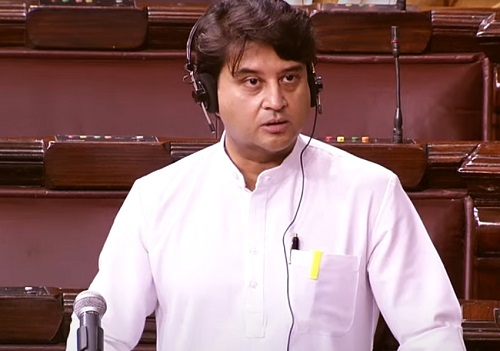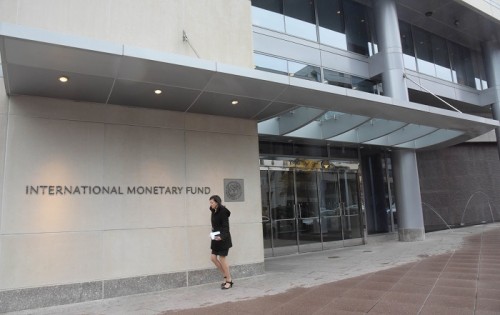Additional revenue measures unlikely: Axis Capital

Follow us Now on Telegram ! Get daily 10 - 12 important updates on Business, Finance and Investment. Join our Telegram Channel
Additional revenue measures in Union Budget to retain the corporate tax structure and a hike on personal income tax will curb consumption.
Axis Capital said in a note that recently revised corporate tax structure would be retained to maintain policy consistency so as to not deviate from objective of attracting new investments.
It added that personal tax hikes would curb consumption momentum hence prove counter-productive. Personal tax cuts may not net higher taxes as it could be saved given still uncertain income outlook.
Indirect tax hikes would also curb consumption momentum and increase already elevated inflation. If anything, the Finance Minister will have to make space for fuel excise duty cuts to absorb higher crude price, the note said.
As per Axis Capital, there is not much scope for realistic increase in non-tax collection since dollar-rupee appreciation will eat into RBI's surpluses. Besides, public sector entities would be carrying weaker profit gains, except maybe oil majors. The divestment target is already set at a lofty Rs 2.1 trillion in FY21 which will not be met and hence rolled over.
The Finance Minister is quite clear that she will not allow the deficit to come in the way of public spending, rightfully so given that we are still in the midst of the pandemic. "However, she faces a tough situation wherein the nominal GDP base for FY22 will be 10% above FY20 whereas the expenditure base would have already risen by 13 per cent in FY21. Increasing the expenditure base significantly in FY22 without Additional Revenue Measures (ARMs) would widen the deficit," the note said.
Looking at spending pattern in FY21 (April to November), the note said there is reprioritization of expenditure towards rural, public distribution, health and roads which is unlikely to change in FY22.
"We expect the budget to be about vaccination, public health, education and spurring construction for jobs. The biggest policy shift in FY22 budget could be a change in thought process to conduct capex using off-balance sheet structures and use fiscal space to service debt. This can be momentous and effective. The focus will move to implementation rather than funding," it added.












 320-x-100_uti_gold.jpg" alt="Advertisement">
320-x-100_uti_gold.jpg" alt="Advertisement">








